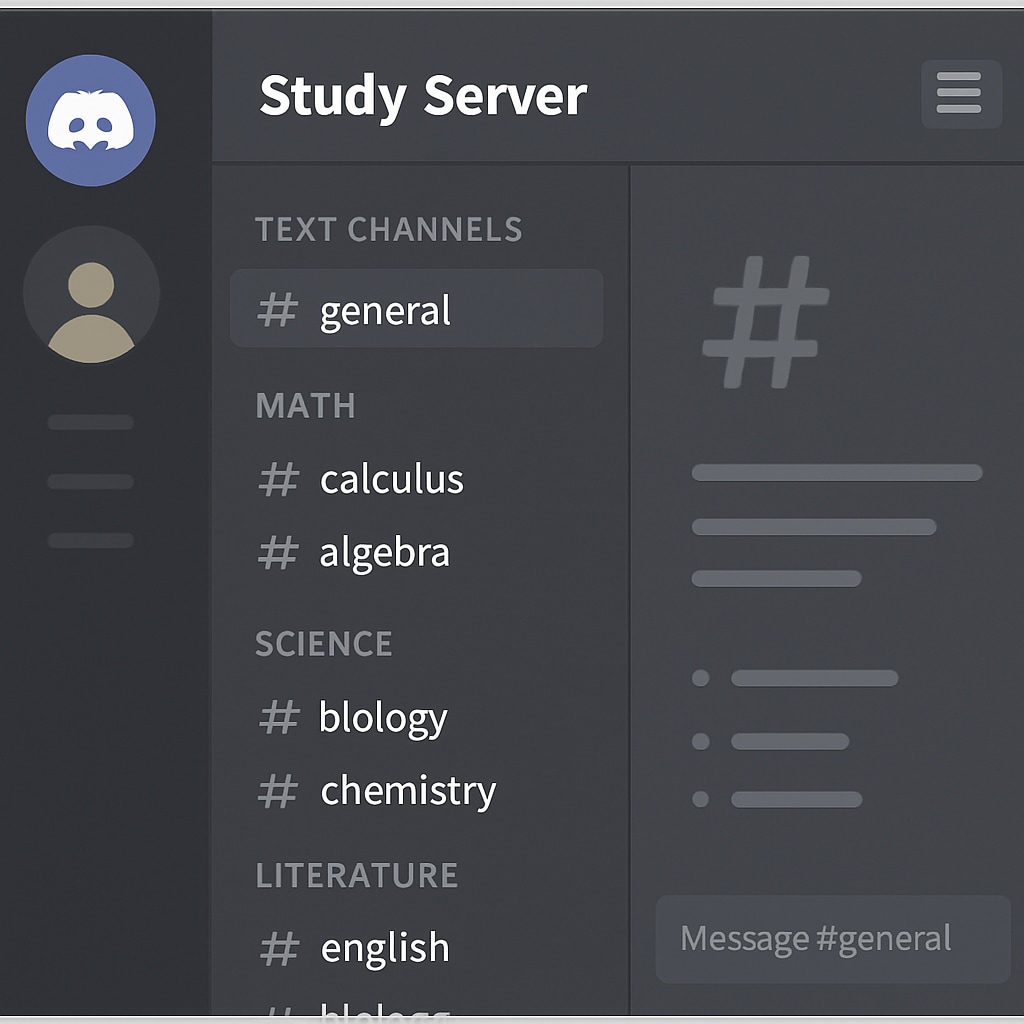In today’s rapidly evolving educational landscape, fostering collaboration and connection among students is more important than ever. Tools like study groups, Discord, and the vibrant learning communities at the University of Houston (UH) offer valuable lessons for educators and students alike. By building strong learning networks, students can thrive academically and socially, both in K12 education and in college. This article dives into the significance of these communities and how they can prepare students for the future.
The Importance of Learning Communities in K12 Education
Learning communities empower students to engage with their peers, exchange ideas, and develop problem-solving skills. In K12 education, these communities are often the foundation for lifelong learning habits. Establishing study groups early on encourages collaboration and accountability, key skills that are crucial for college success.
For example, study groups create a platform for students to tackle challenging subjects together. By discussing concepts and sharing diverse perspectives, students can deepen their understanding. This collaborative spirit is something that the University of Houston exemplifies through its various academic and social communities, which encourage students to grow holistically.

How Discord Transforms Study Groups
Discord, a popular communication platform initially designed for gamers, has become a game-changer for educational communities. Its user-friendly interface and customizable features make it an ideal space for study groups. Students can create dedicated channels for specific subjects, share resources, and even host virtual study sessions.
At the University of Houston, many student organizations use Discord to stay connected. For instance, academic clubs create online spaces where members can discuss coursework, share academic resources, and organize group projects. This approach not only enhances productivity but also fosters a sense of belonging, even in a digital setting.

University of Houston: A Model for Learning Communities
The University of Houston serves as a shining example of how learning communities can thrive. With its diverse student body and numerous academic organizations, UH provides a rich environment for collaboration. Learning communities at UH are not limited to physical classrooms; they extend into virtual platforms and extracurricular activities.
One notable initiative is the university’s Learning Communities Program, which pairs students with mentors and peers who share similar academic interests. This program helps students transition smoothly into college life while building strong support networks. Additionally, UH’s emphasis on diversity ensures that students are exposed to a wide range of perspectives, enriching their educational experience.
Applying These Lessons in K12 Education
Educators in K12 settings can take inspiration from the University of Houston’s model to create their own learning communities. Here are some practical steps:
- Encourage students to form study groups for specific subjects or projects.
- Introduce platforms like Discord to facilitate online collaboration outside the classroom.
- Provide mentorship opportunities to guide students in building peer networks.
By incorporating these strategies, educators can prepare students for the collaborative environments they will encounter in college.
In conclusion, the combination of study groups, platforms like Discord, and the University of Houston’s approach to learning communities provides valuable insights for educators and students. These tools and methods not only enhance academic performance but also build life skills that will benefit students for years to come. Whether you’re a teacher, a student, or just someone passionate about education, there’s much to gain from fostering strong learning networks.
Readability guidance: The article uses short paragraphs and lists to enhance readability. Transition words like “for example” and “in addition” ensure a smooth flow. Passive voice is minimized, making the content engaging and direct.


